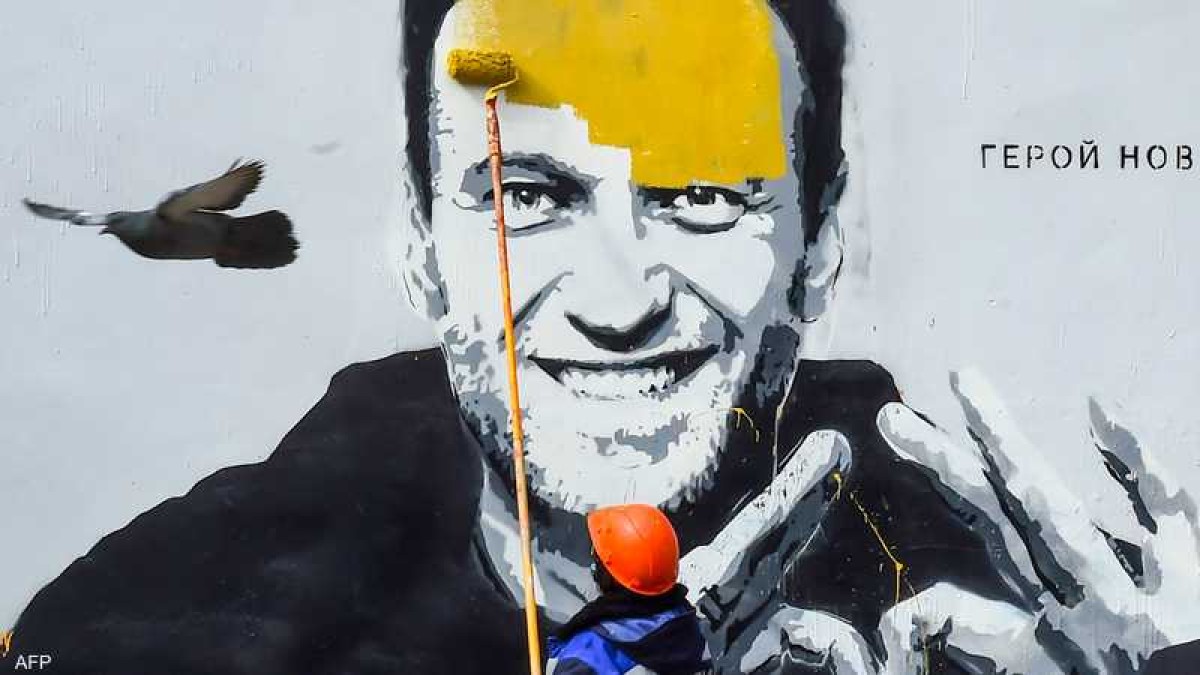After the death of an opposition politician... Russia responds to "Western accusations"


Moscow attacked the Western world, in the first statements from the Russian Foreign Ministry, after the death of imprisoned opposition politician Alexei Navalny.
On Friday, the Russian Prison Service announced the death of imprisoned opposition politician Alexei Navalny.
The service said, in a statement, that Navalny felt unwell after walking on Friday and lost consciousness, and an ambulance arrived to try to revive him, but he died.
What did the Russian Foreign Ministry say?
In this regard, Russian Foreign Ministry spokeswoman Maria Zakharova said on Friday that “the West’s accusations” regarding the death of imprisoned opposition leader Alexei Navalny “reveal what is inside him.”
Zakharova added in a statement on Telegram that the forensic results regarding Navalny's death have not yet been released, but the West has already reached its own conclusions.
Zakharova wrote on “Telegram”: “The immediate reaction of the leaders of NATO countries to the death of Navalny and their issuance of direct accusations against Russia reveals them. No results of the forensic examination have yet been issued, and in the West the conclusions were prepared in advance.”
Immediately after the announcement of Navalny's death, the Secretary-General of NATO expressed his concern about the media reports about his death, and said: "I am deeply saddened and concerned about these reports from Russia about the death of Alexei Navalny."
He continued: “All the circumstances must be determined. Navalny was a strong defender of democracy over many years, and NATO countries have always called for his release. We do not have any information about his death at the present time, while serious questions arise that must be answered.” About Russia. Navalny was in prison... He was a prisoner, and Russia must investigate his death.”
For his part, Ukrainian President Vladimir Zelensky said in a joint press conference with German Chancellor Olaf Scholz in Berlin: “It is clear that Putin killed Navalny. Putin must lose, he must lose everything, he must bear responsibility for everything.”
On Friday, the White House considered Navalny’s death “a terrible tragedy if confirmed.”
White House National Security Advisor Jake Sullivan told NPR that the Kremlin's "long and sordid" history of harming its opponents "raises real and clear questions about what happened."